Servus aus München, this is the first of what will hopefully be regular posts on the Ka.Dre Racer Sportif blog.
A bit about myself: I've been a rider with the ka.dre CHPT3 x Aquila Cycling Team since it's inception in 2022, but have been a member of the Racer Sportif/Aquila family since I started riding my bike in high school more than 15 years ago. In the intervening years I raced my bike mostly in North America while I wove a meandering path out of and back to academia that ultimately led me to my current PhD research in Munich where I'm using computational tools to study neuroscience and diabetes based in Munich. Like most cyclists I've spent the majority of my cycling life balancing cycling with school or work, and doing so in whatever places those pursuits took me. Not always being within easy access of a good bike shop, putting a lot of wear on my bikes and needing them to work well all the time motivated me to learn to fix anything that could go wrong on the bike. Like most new cyclists setting out working on their bikes I learned through bitter experience that cheaply made tools are a false economy and I have a bin full of cracked parts, rounded out bolts and discarded tools to show for it. In fairness to my past self there are a seemingly infinite number of beautiful, shop-quality tools available and more are announced every day, and it is really hard to know what you actually need to get started with.
Today I want to share my hands-on experience with what Wera has tried to put together to make it easy for cyclists to start doing most of their own maintenance with one a couple of well-thought out kits. They are the Safe-Torque torque wrench, the Safe-Torque Speed Torque Screwdriver, and the the Safe-Torque torque wrench, and a couple of bike-kits which aim to cover all the bits you'd need for the bolts you'll find on your bike along with things like a chain-breaker. Full disclosure, Wera sponsor Ka.Dre and I was given these tools to help take care of my bike while I'm in Munich making it impractical to bring the bike to Racer Sportif for service, so this isn't a review, just some thoughts on the tools and working on your own bike in general.

Each of the kits come with a little carrying case, and the bits and sockets slip or clip in to their respective spots so you don't lose them.
I was pretty excited when I heard Wera was going to be sending me some of their new bike-specific tools, I'd been using their allen keys and screwdrivers for years and had nothing but good experiences. Wera is one of a small handful of tool makers known for producing very durable tools with very precise fit, which as any seasoned mechanic knows is critical to prevent rounding and caming-out when turning tight bolts, especially when softer light-weight materials like titanium or aluminium are being used, which they often are on bikes. The other challenge that the lightweight materials, carbon fibre especially, presents home mechanics is the requirement for precise torquing of almost every bolt. This sounds intimidating, but the engineers designing the bike did the hard part of figuring out what that torque needs to be and have written it next to the bolt on almost every component on modern bikes, so with a good torque wrench and adding a little bit of anti-seize or blue loctite to your bolts and you can have full confidence that your bike is 100% good to go and your fancy carbon parts are safe and will perform at their best. And the Safe-torque torque wrench is a great torque wrench. The safe-torque feature refers to the clutch that slips once you've tightened the bolt to the desired setting, so you physically cannot over-torque it. The other feature I love about this wrench is the 'torque-off' feature. You're generally not supposed to loosen bolts with a torque wrench, but with the torque-off switch you can, and it's so convenient to just use the tool you already have in your hand to do everything and not have to worry about it affecting the torque calibration. It has quickly become my most-used tool for any bolt I have to turn on the bike.

The torque setting is easy to see and set when you need it...

...and the big lever is really helpful when you don't.
The Safe-Torque Speed Torque Screwdriver is I think intended to be a more travel-friendly wrench when you bolt your handlebar back on after a flight for example, you can do it at the appropriate torque. I have mostly found it useful for getting at bolts anywhere where the screwdriver form-factor makes access easier, like bottle cage bolts. The torque range tops out at 6nm, but it does also have a lock-out feature if you need to tighten something beyond that, or again for undoing bolts. The bicycle Set 3 A has all the bits to work with those torque wrenches organised in little pouches, again really helpful for travel, or just making sure that none of the bits go wandering off, and the bicycle set 4 has a selection of wera's standard high-quality allen and torx wrenches sized for the most common bicycle needs.

The screw-driver form factor comes in handy sometimes.
Overall I think the tool selection in the bicycle sets are a great place to get started, or as a dedicated travel set that you can toss in your bike bag and know you're set on your bike vacation. The included chain breaker works very well, it will absolutely do the job for most people and it integrates into the set nicely but pro mechanics will probably keep their big Shimano, Campy or Abbey tools for the day to day. But as you can probably tell the safe torque wrench has been the absolute highlight for me, it's a joy to use and it's size makes things like adjusting the saddle position where there the saddle clamp has a really high torque and the seatpost wedge needs a much lower troque really quick and painless.
That's it for today, next time I'll talk a bit more about actually riding my perfectly maintained bike around Munich.
-Robert
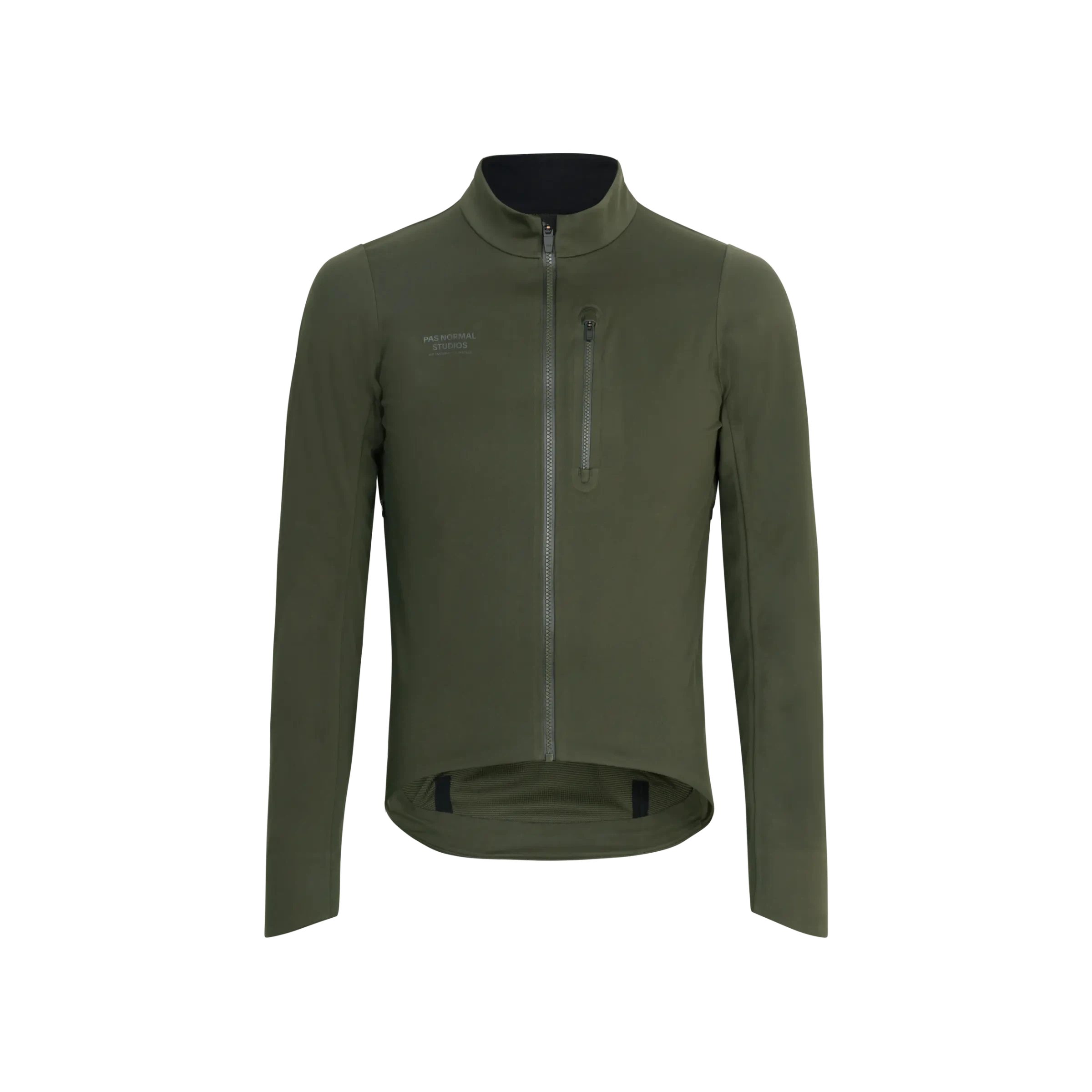
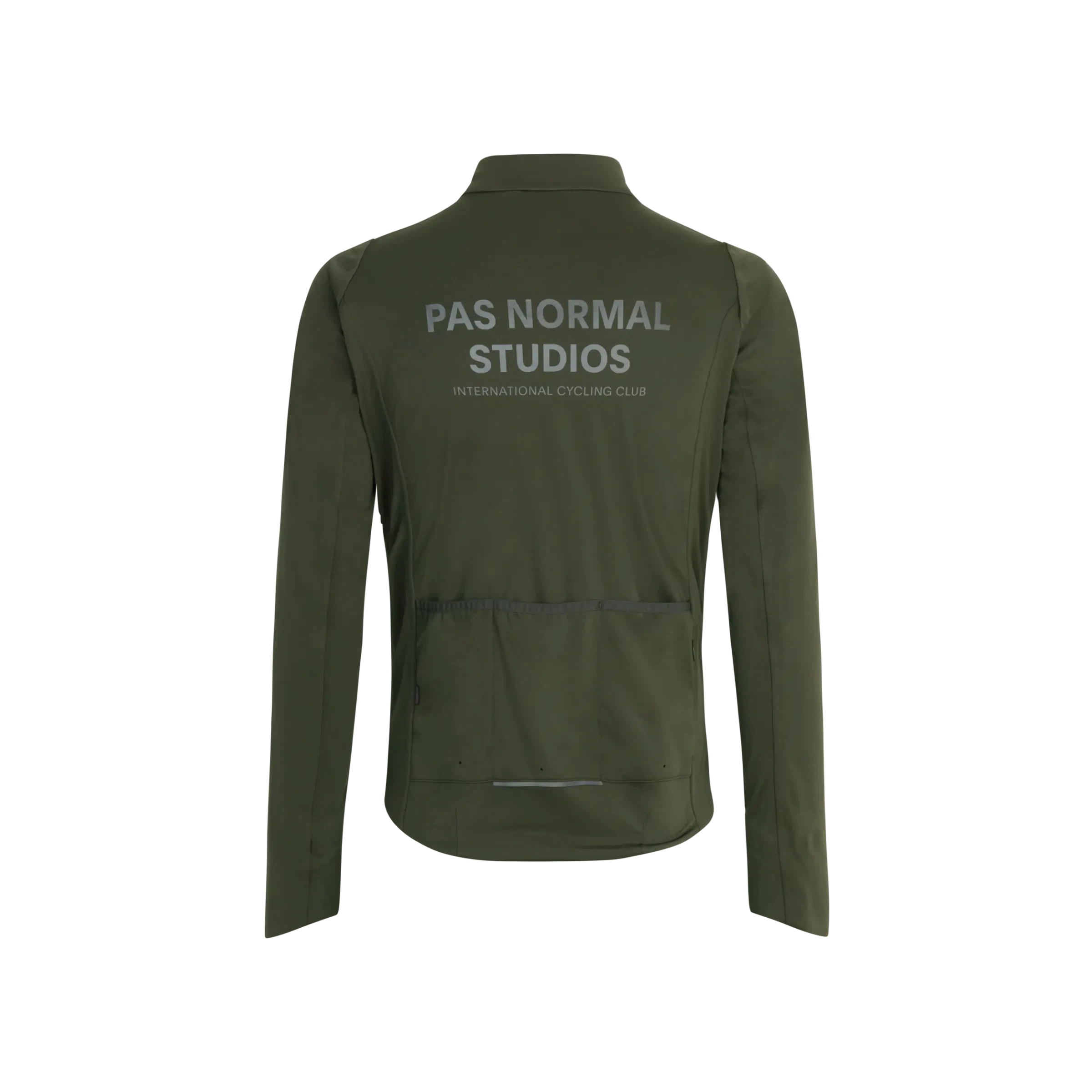


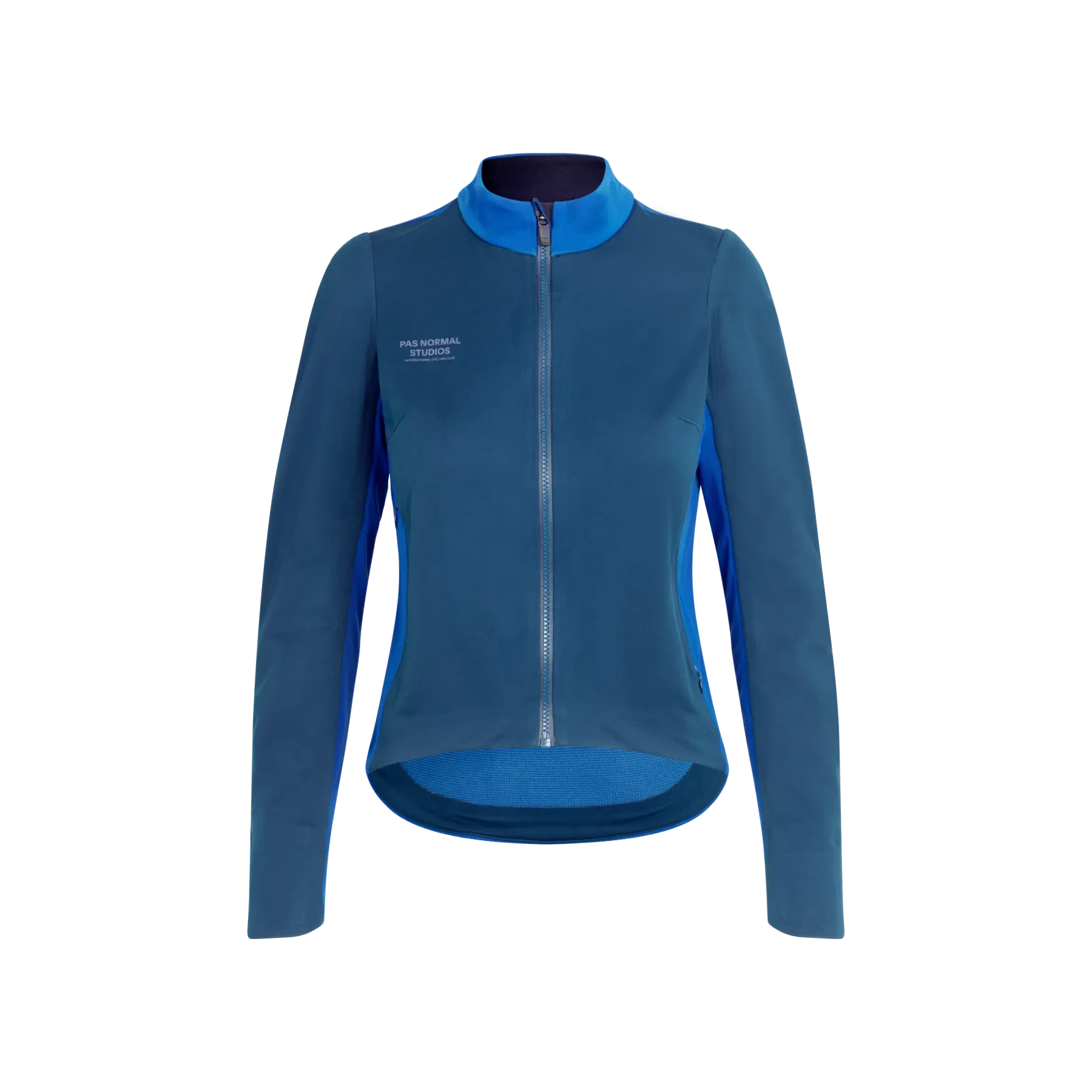
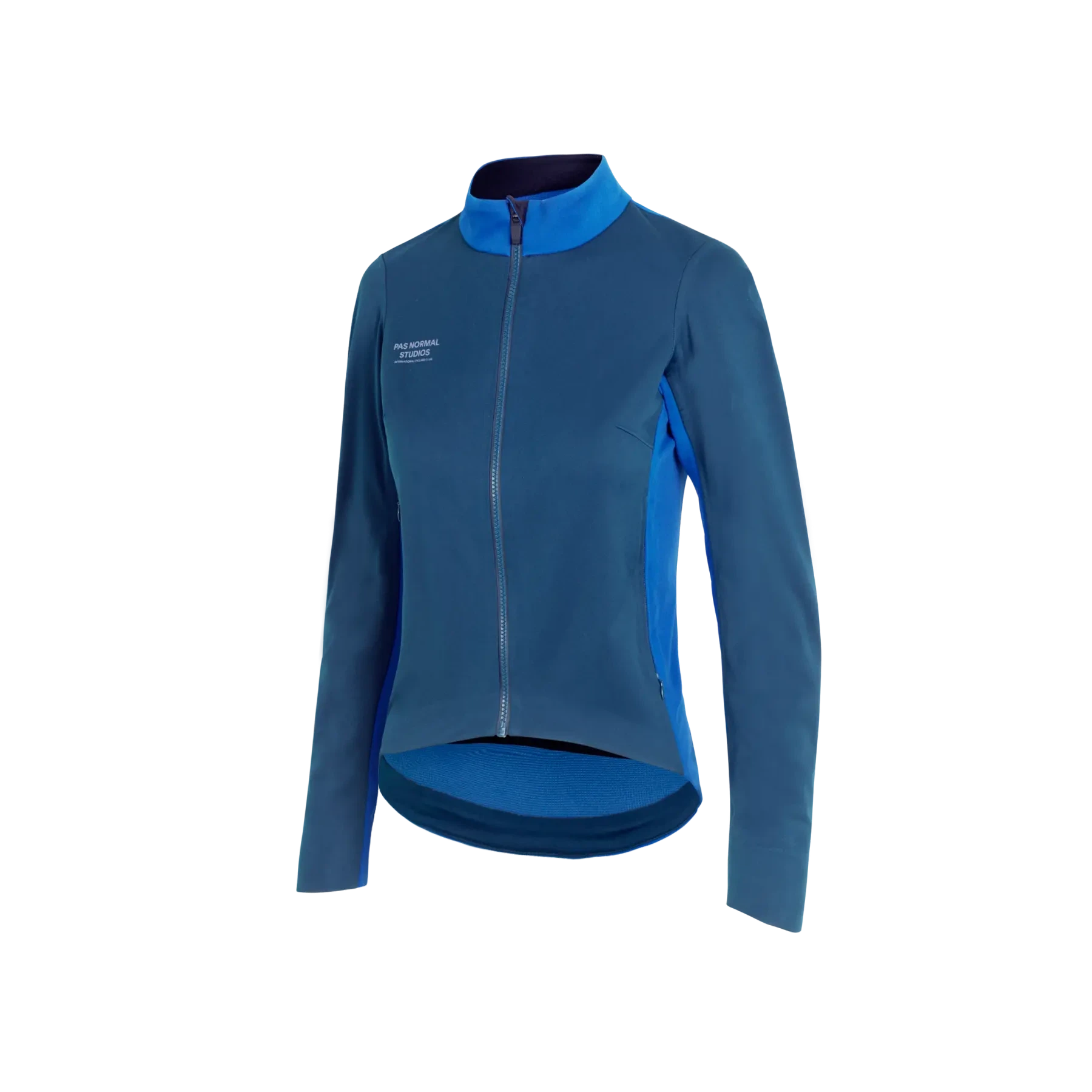
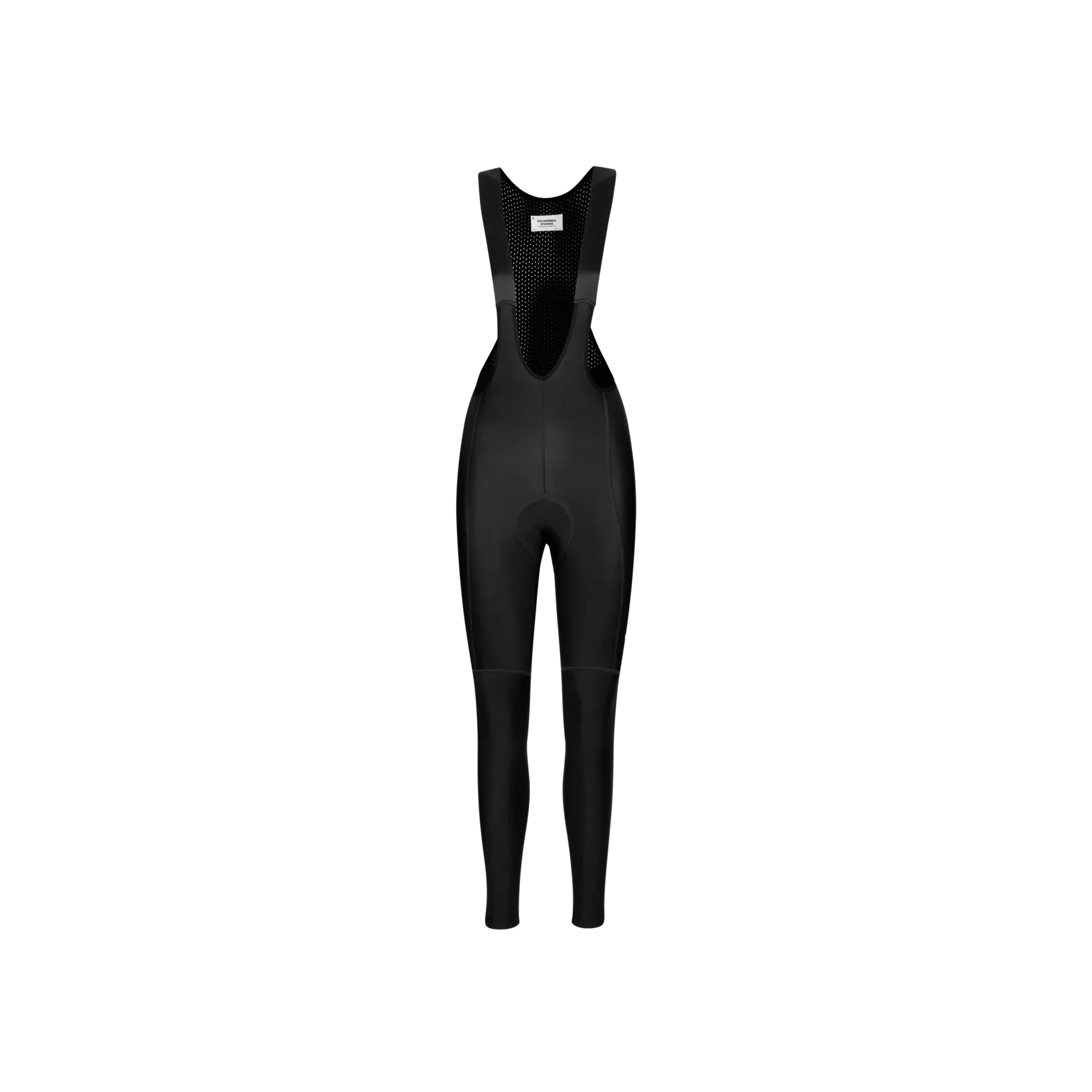
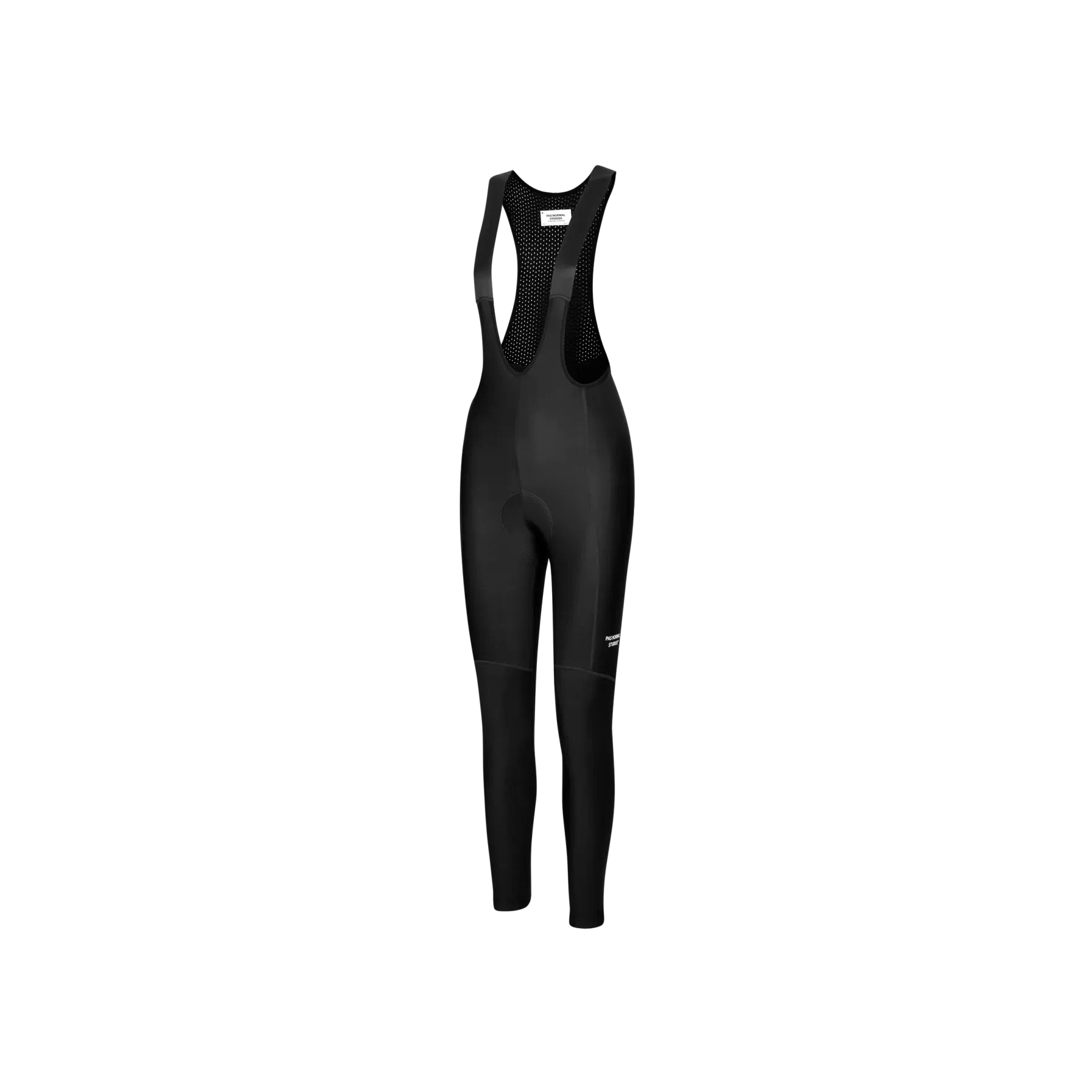

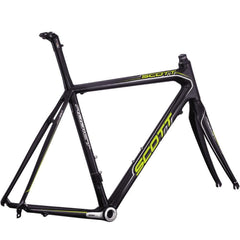
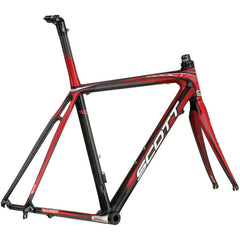

Leave a comment